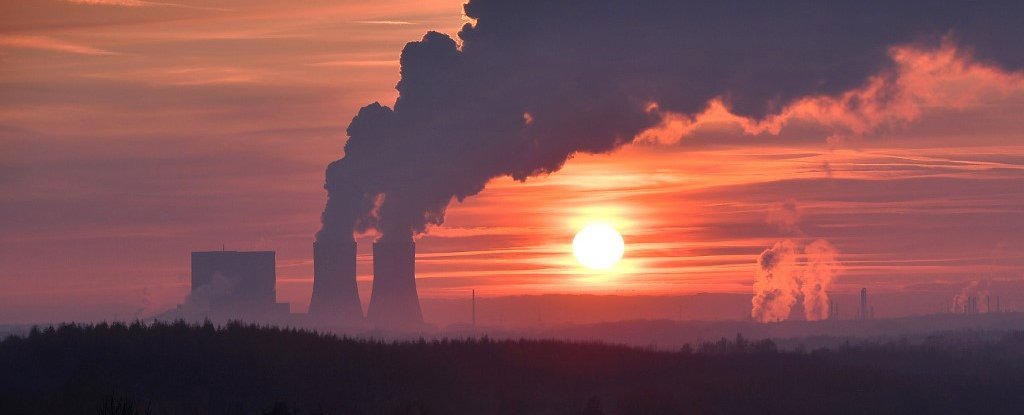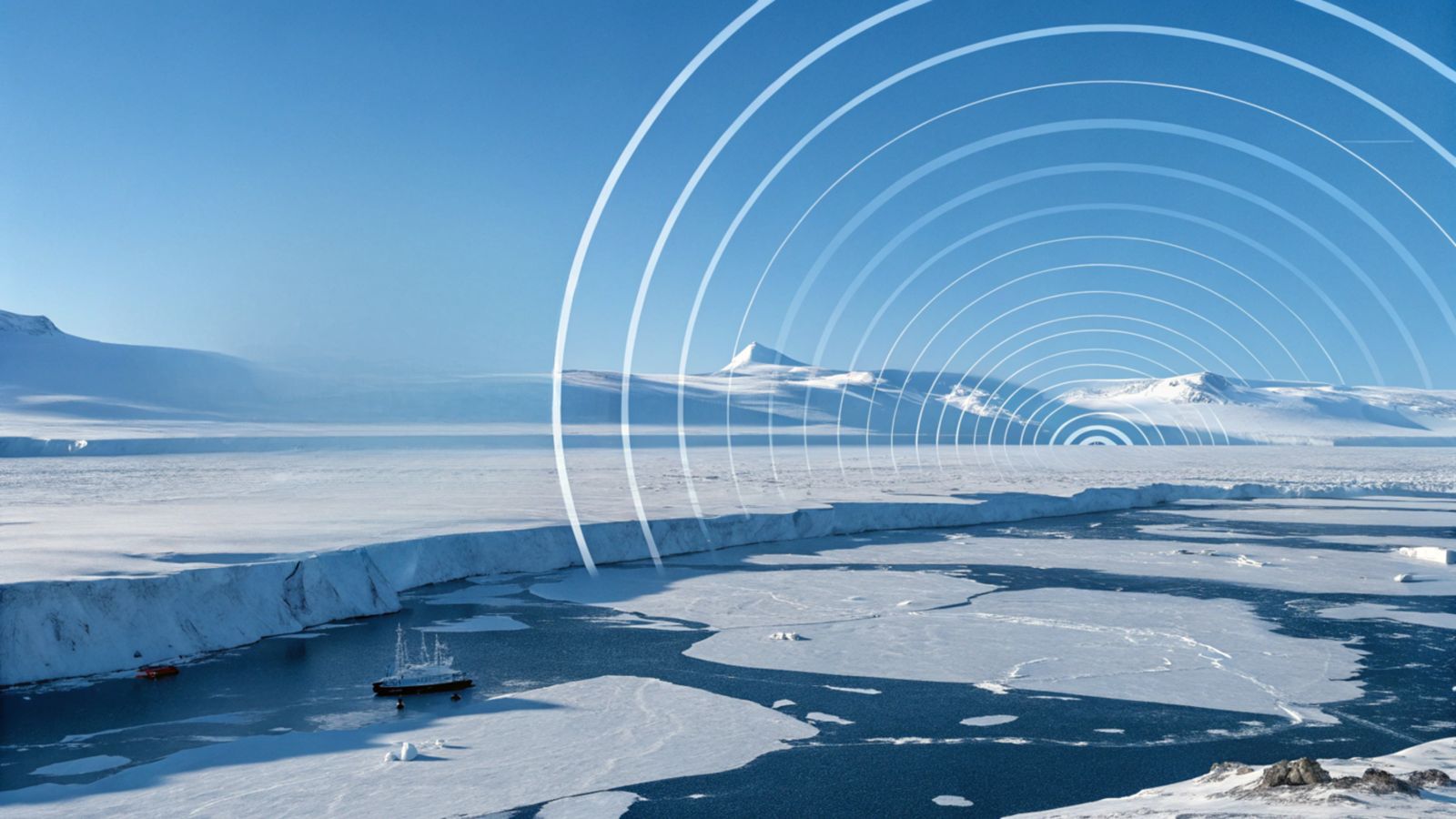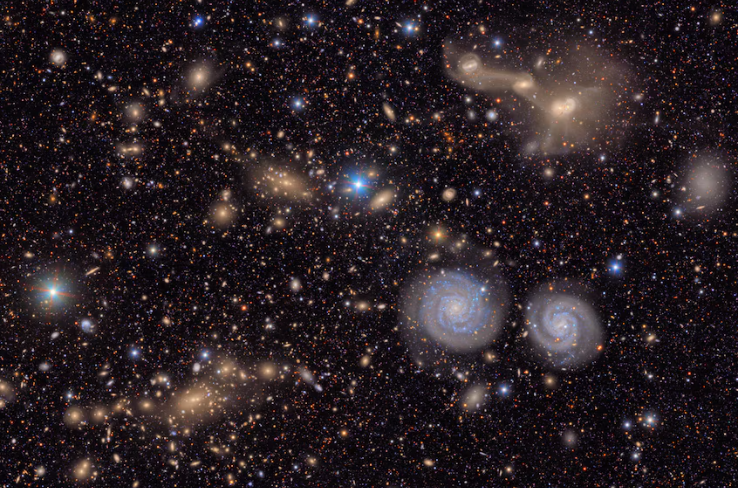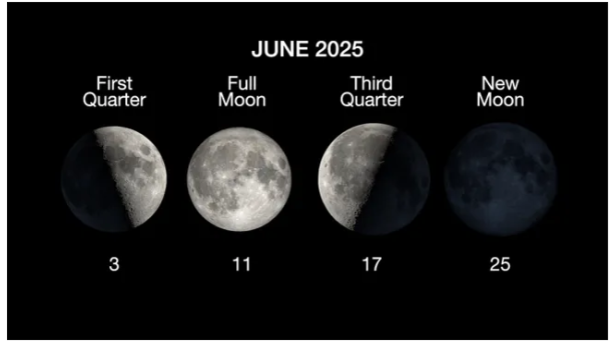Slashing greenhouse gas emissions would probably not yield visible results until mid-century, researchers have said, cautioning that humanity must manage its expectations in the fight against global warming.

Even under optimistic scenarios in which carbon pollution falls sharply, climate change will continue for decades, they reported Tuesday in the journal Nature Communications.
“We need to be patient,” said lead author Bjorn Samset, a scientist at the Center for International Climate Research in Oslo, Norway.
“All reductions in warming emissions will lead to less heat being absorbed,” he said.
“But for temperature – which is what we care about – it will take decades before we will be able to measure the effect.”
Two factors will make it difficult to feel and measure a drop in Earth’s surface temperature, if and when that happens.
One is lag time.
Over the last half-century, human activity has loaded the atmosphere with more than a trillion tonnes of planet-warming CO2, a gas that lingers for hundreds of years.
“Human-induced climate change can be compared with an ocean tanker at high speed in big waves,” said Samset.
“You can put the engine in reverse, but it will take some time before you start noticing that the ship is moving more slowly.”
The second factor is natural variability.
Over the last half-century the planet has warmed 0.2 degrees Celsius every decade, mainly due to the burning of fossil fuels.
“But from one year to the next, there are also large variations on a similar scale,” said Samset, comparing them to waves rocking the ship back and forth.
No quick fix
In their study, Samset and colleagues projected the impact of reducing the two main greenhouse gases – CO2 and methane – as well as soot, sometimes called “black carbon”.
On a 100-year timescale, methane – with more “warming potential”, but less long-lasting – is about 28 times more potent than CO2.
Its main manmade sources are livestock, agriculture, and leaks from the natural gas industry.
Produced mostly by burning fossil fuels, CO2 accounts for more than three-quarters of global warming.
Even with rapid cuts in these gases, it will be nearly impossible to detect a clear impact on global warming before 2035, the researchers said.
In a more realistic scenario, “these efforts could all be visible by mid-century, but not before”, the study concluded.
Reducing soot was found to have negligible impact.
Scientists not involved in research said it served as a reminder of what we are up against.
“The study reinforces our understanding that climate change is a long-term problem that will not simply disappear if all human-related emissions stopped tomorrow,” said Grant Allen, a professor of atmospheric physics at the University of Manchester.
“There is no quick fix.”
Unnecessarily gloomy
For Andrew Watson, a Royal Society research professor at the University of Exeter, bending the curve of global warming “is like turning a supertanker”.
“We have spent many decades steering it in the wrong direction, and it will take decades for the results of climate mitigation to be obvious.”
But Piers Forster, a climate change professor at the University of Leeds, said the findings were “unnecessarily gloomy”.
Research has shown that with serious effort, society can have a “discernable cooling effect on Earth’s temperature over the next 15-20 years,” he said.








 Photographer Finds Locations Of 1960s Postcards To See How They Look Today, And The Difference Is Unbelievable
Photographer Finds Locations Of 1960s Postcards To See How They Look Today, And The Difference Is Unbelievable  Hij zet 3 IKEA kastjes tegen elkaar aan en maakt dit voor zijn vrouw…Wat een gaaf resultaat!!
Hij zet 3 IKEA kastjes tegen elkaar aan en maakt dit voor zijn vrouw…Wat een gaaf resultaat!!  Scientists Discover 512-Year-Old Shark, Which Would Be The Oldest Living Vertebrate On The Planet
Scientists Discover 512-Year-Old Shark, Which Would Be The Oldest Living Vertebrate On The Planet  Hus til salg er kun 22 kvadratmeter – men vent til du ser det indvendigt
Hus til salg er kun 22 kvadratmeter – men vent til du ser det indvendigt  Superknepet – så blir snuskiga ugnsformen som ny igen!
Superknepet – så blir snuskiga ugnsformen som ny igen!  Meteorite That Recently Fell in Somalia Turns Out to Contain Two Minerals Never Before Seen on Earth
Meteorite That Recently Fell in Somalia Turns Out to Contain Two Minerals Never Before Seen on Earth  Nearly Frozen Waves Captured On Camera By Nantucket Photographer
Nearly Frozen Waves Captured On Camera By Nantucket Photographer  It’s Official: Astronomers Have Discovered another Earth
It’s Official: Astronomers Have Discovered another Earth 